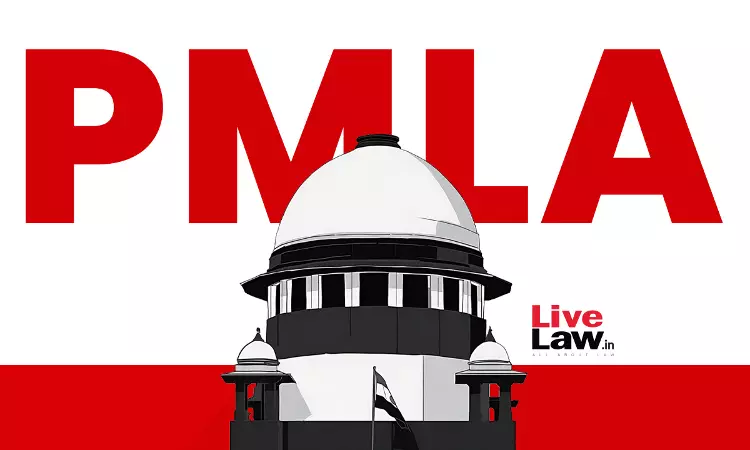The Supreme Court, (on November 10), issued notice in the SLP filed by Hyderabad-based businessman Abhishek Boinpally who is facing charges of money laundering in connection with the Delhi excise policy scam. The present SLP is against the Delhi High Court’s Judgment wherein it dismissed a writ petition filed by Boinpally, challenging legality of his arrest by the Enforcement...

